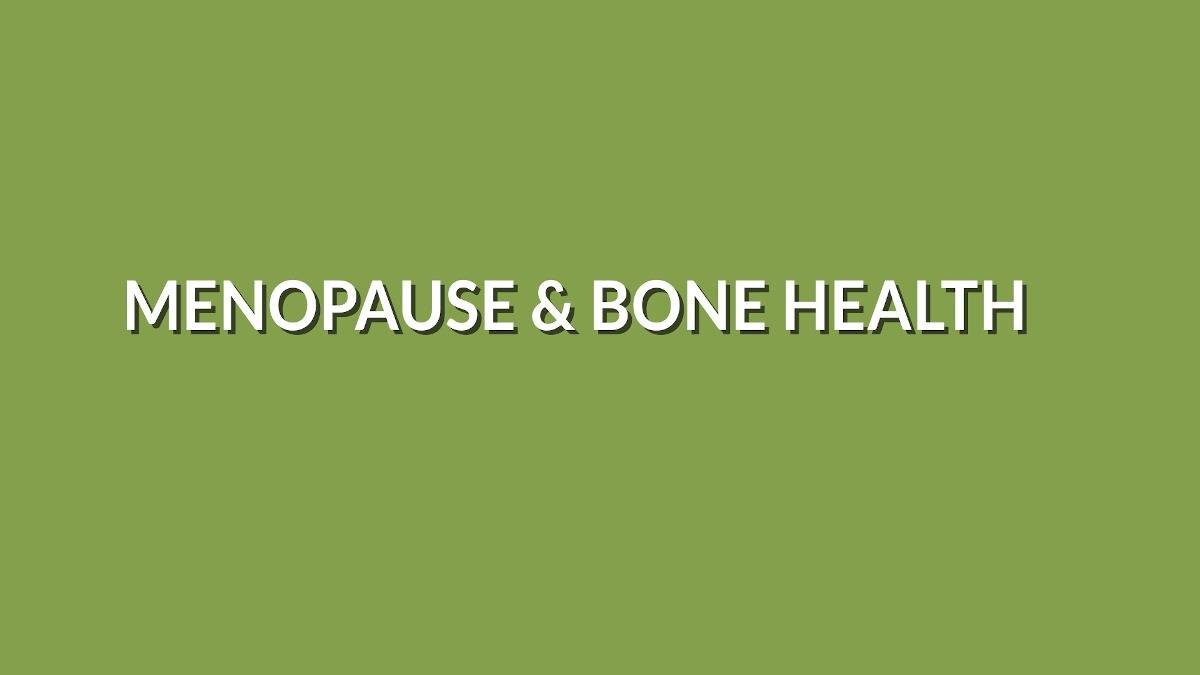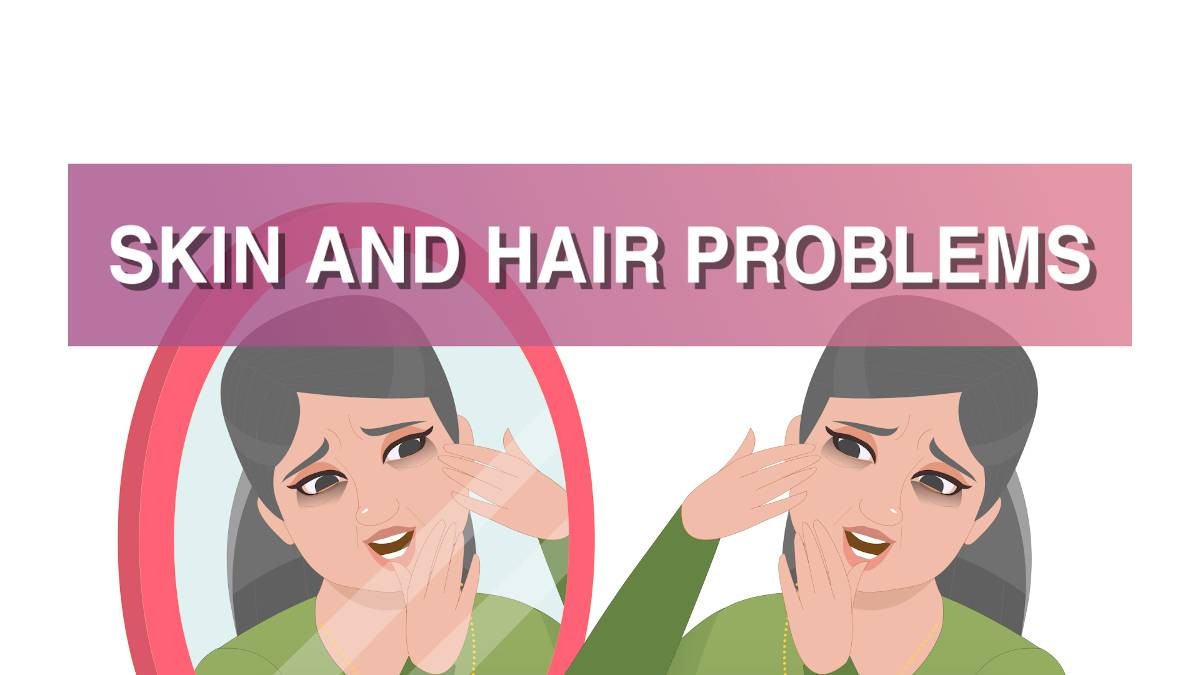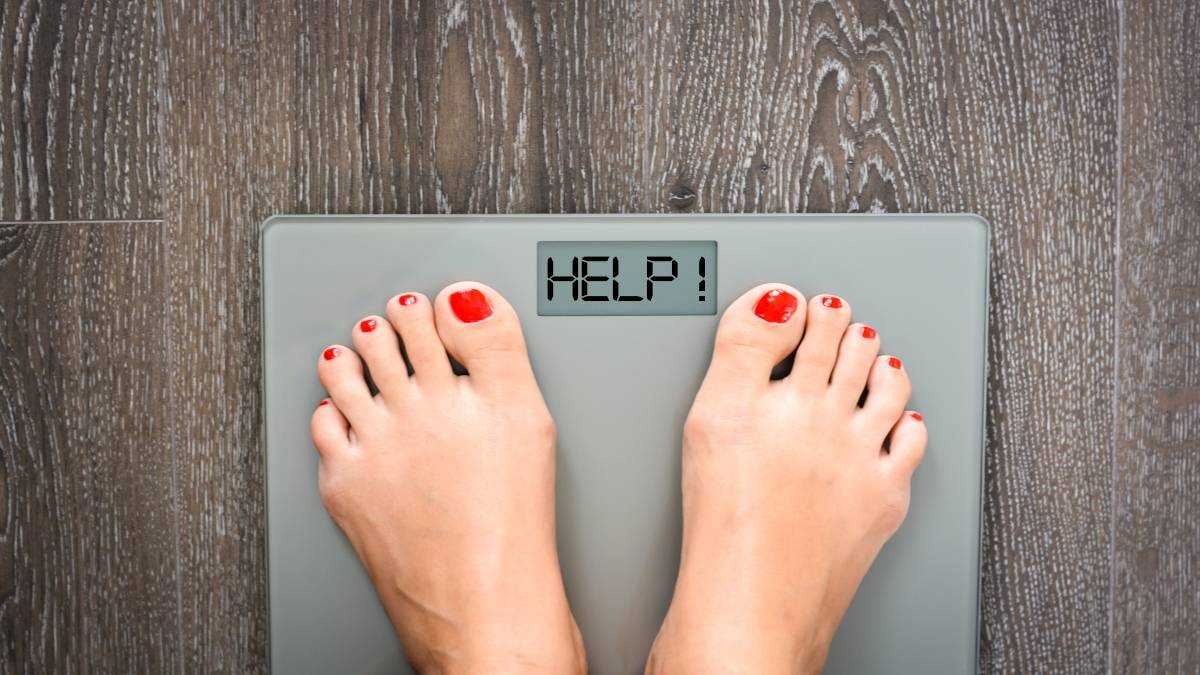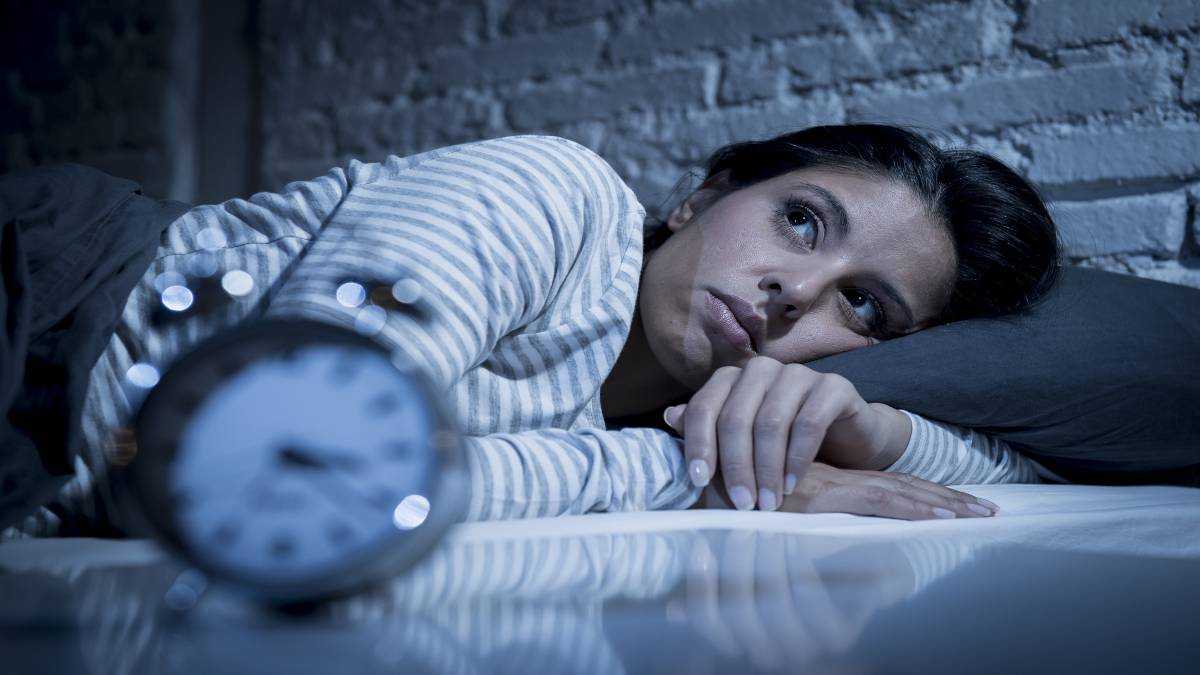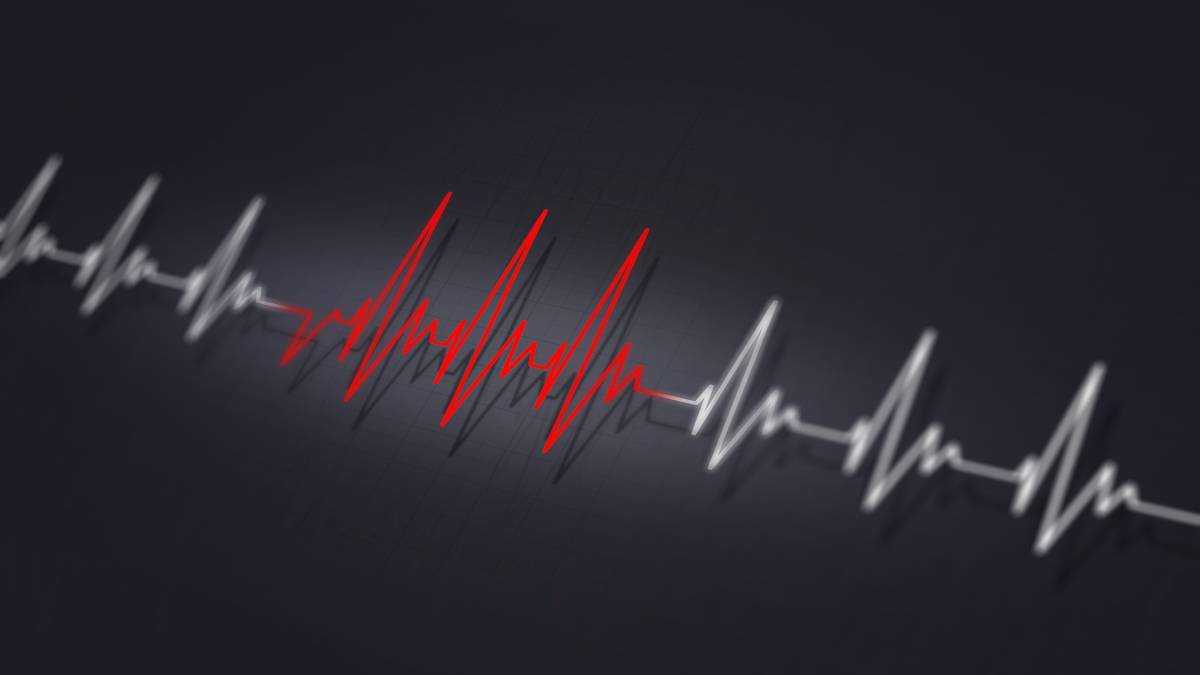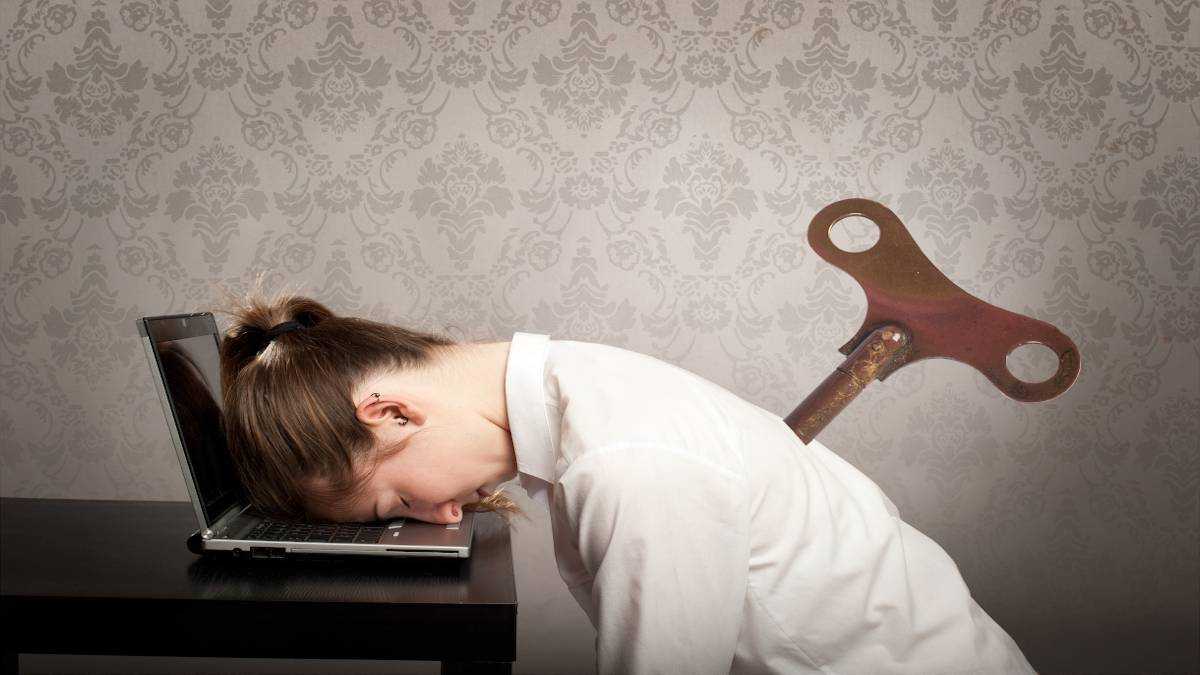This condition leads to the loss of bone mass and bone strength without showing any symptoms or pain. Most of the time, this condition does not come to notice until a sudden fracture usually occurs in the hips or back area. Regular checkups during the perimenopause and menopausal period are advised. This will help in diagnosing and treating osteoporosis in time before it has caused irreparable damage.
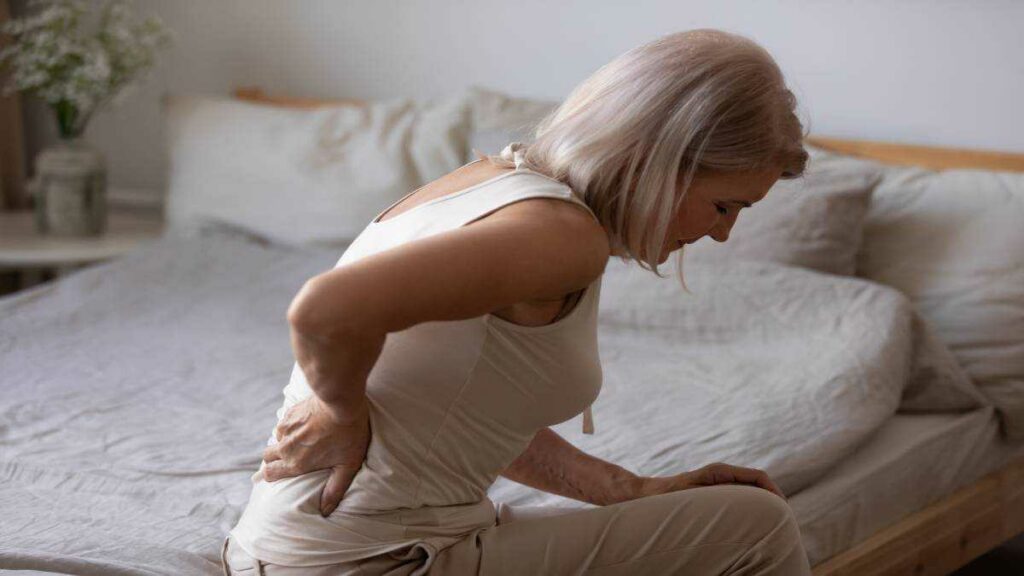
Causes of osteoporosis in menopausal women
The human bones are made of living tissues, and the hard outer part of the bone encases a sponge-like bone with small pores/holes in it. When the bone density weakens, the holes in the sponge-like part of the bone become larger and increase in number. Thus, the bone is weakened from the inside, which is the actual part of the bone that gives rigidity and strength to the body. Until up to the age of 30, a person’s body also builds up bone where it loses some. With age, however, the amount of bone build-up falls behind the amount of bone breakdown, which results in a loss of bone mass. When this loss in bone mass advances beyond a certain point, a person is said to have osteoporosis.
Menopause and osteoporosis – how are they related?
During the perimenopause and menopause period, there is a lack of the hormone estrogen in the body. Depravity of estrogen coupled with irregular or absent menstrual cycle leads to a loss in bone mass.
Symptoms of osteoporosis
In the initial stages of osteoporosis, no symptoms are observed. Hence, osteoporosis is also known as a ‘silent disease.’ This condition does not come to light until after the bones have become so weak that minor sprains, bumps, or falls lead to fractures. This may result in severe back pain, stooped posture, loss in height, and other spinal deformities.
How can osteoporosis be treated?
Several methods can be employed to stunt the development of this condition.
- Vitamin D supplements – Vitamin D plays a significant role in keeping your bones healthy. If the body does not receive this vitamin in adequate quantities, the bones are also unable to absorb calcium properly. Exposure to the sun is a natural way of getting vitamin D however, food like milk, cereal and fishes like salmon and mackerel help provide generous amounts of vitamin D. Doctors may also suggest over the counter medications.
- Calcium supplements – Calcium not only helps in building strong bones but also helps in keeping them healthier. If the body is deprived of an adequate amount of calcium supply, osteoporosis may aggravate it. Food items like kale, broccoli, and dairy products contain a high amount of calcium in them. Doctors may also suggest over the counter pills.
- Physical exercise – More than ever, it is now essential for you to keep your bones active and flexible. Physical exercise helps especially those incorporating a little weight training.
- Hormone replacement therapy – In some serious cases, doctors may ask you to opt for hormone replacement therapy. This helps in regulating the hormone levels in the body to avoid this condition from worsening.
Osteoporosis is a serious concern that affects a menopausal woman in the long run. Hence, early diagnosis is the key to keep the problem in check


